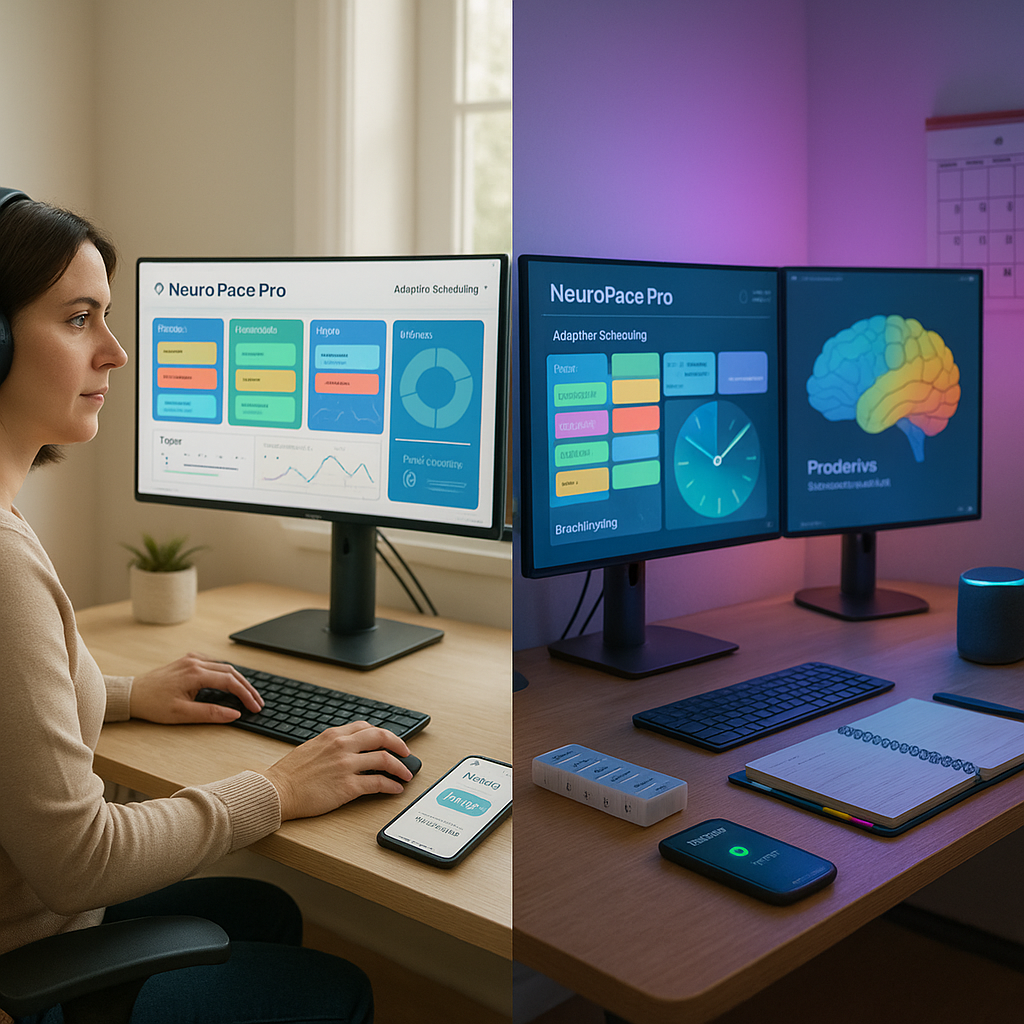Key Takeaways
- Top story: NIH awards $3.7 million to study how ADHD medications affect substance use among young people.
- New research identifies a link between childhood allergies, hearing loss, and increased ADHD risk.
- Scotland calls for a complete overhaul of ADHD and autism support systems amid a growing crisis.
- UCLA study finds fruits and vegetables may help improve attention in people with ADHD.
- Recent findings reinforce the importance of evidence-based, proactive approaches for neurodivergent support.
Introduction
On 4 October 2025, the Press Review highlights a significant development in ADHD news and research. The NIH has committed $3.7 million to examine the impact of ADHD medications on substance use among youth. This move underscores the need for evidence-driven support. There’s also growing attention on Scotland’s call for systemic reform in ADHD and autism care, plus some interesting new data about emerging risk factors.
Top Story
NIH Funding Targets ADHD Medication Effects on Youth Substance Use
The National Institutes of Health (NIH) has awarded $3.7 million to launch a comprehensive study investigating how ADHD medications influence substance use behaviors among young people. The research will follow participants over several years, aiming to clarify both protective and potential risk factors.
Experts state that this grant represents a crucial step in filling gaps in current understanding. By closely tracking medication effects, the initiative seeks to inform prescribing practices and improve outcomes for the ADHD community.
In Brief Today
Allergy and Hearing Loss Linked to Higher ADHD Risk
A new study published in Pediatric Research reports that children with allergies and hearing loss have a significantly higher risk of being diagnosed with ADHD. Researchers analyzed health data from more than 6,000 children and found that these conditions are important contributors to neurodevelopmental vulnerability.
Scotland Calls for Urgent Reform in Neurodivergent Support
Scottish officials have called for a full overhaul of the country’s ADHD and autism support systems. This appeal follows mounting evidence of service backlogs, diagnostic delays, and insufficient resources for families. Stakeholders argue that systemic reform is needed to address the ongoing crisis.
Fruits and Vegetables May Help Focus in ADHD
A UCLA research team has found that higher intake of fruits and vegetables is associated with improved attention in people with ADHD. The study examined dietary records and focus measurements in adolescents, suggesting that nutritional interventions could play an important role in symptom management.
Market Wrap
Growth in the ADHD support solutions market continued during the third quarter of 2025, with a 23% increase driven by demand for digital health tools and workplace accommodations. Neurodiversity-focused startups and developers of productivity software led market gains.
What to Watch
- 15 October 2025: Annual ADHD Awareness Month Conference in Boston
- 20 October 2025: WHO Global Neurodiversity Summit
- 1 November 2025: Launch of the national workplace neurodiversity certification program
- 5 November 2025: Release of major research findings from the International ADHD Consortium
Conclusion
Current ADHD news and research reflect increased institutional acknowledgment of neurodivergent needs in health and workplace contexts. Evidence-based changes and digital tools are driving a shift from reactive to proactive support systems. Market activity also signals growing attention to innovative solutions. Looking ahead, October and November’s scheduled conferences and program launches are set to shape the next phase of ADHD management and support.





Leave a Reply